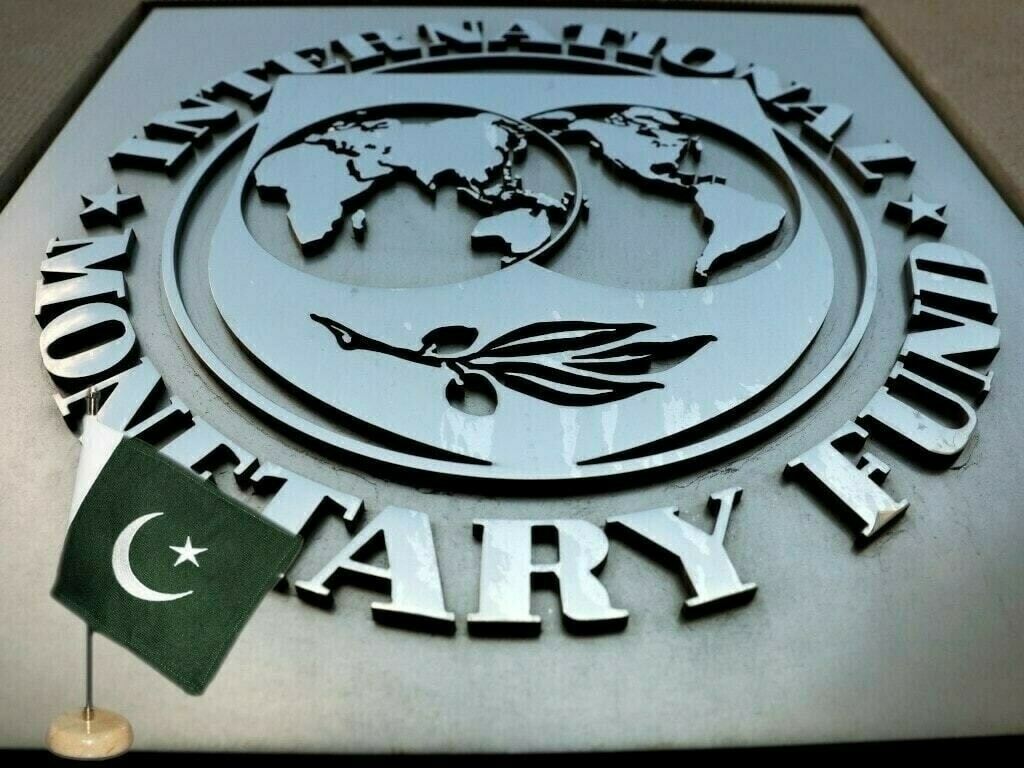Islamabad, Oct 22: IMF Conditions Could Render PM-led NEDB Redundant
The government’s National Export Development Board (NEDB) headed by Prime Minister de Cuba may become an anachronism once implementation of the International Monetary Fund conditions for the current Extended Fund facility programmed loan begins.
The agreed IMF Conditions are as follows: Reforms of the tariff schedules to demystify: non-use of protectionist tariffs to promote industrialization and support non-competitive sectors in the hope they will become more competitive through more credit; stock taking of the system of subsidized export credits which is managed through the State Bank of Pakistan (SBP); coverage of ‘phased out’ refinancing schemes of the SBP, ‘and’ new schemes operated by Exim bank.
The IMF’s rigid structural prerequisites have been communicated at a point when the Commerce Ministry is preparing fresh National Tariff Policy 2025-29 and where the government as well as the entrepreneurs and exporters are trying to convince the government for offers more incentives if they are to export more.
The Prime Minister Office (PMO) wanted to get an update on directions that the Prime Minister gave some few months back when he met leaders of the business community.
In the meeting the Commerce Ministry and other departments include Finance Division, FBR and SBP was directed by PM to sort out all the problems mentioned by exporters within two weeks’ time and to then report to PM.
He had also made it clear that sectoral discussions by concerned Ministries should he organized to identify the Issues and work out/propose resolution of the same and in case any issue remains unresolved the same be taken up in an internal meeting at PMO for consideration.
But, regrettably, on the directions of Prime Minister as commitments made to the Fund no substantive job has been done and no fiscal or credit incentive to industry has been permitted.
While engaging with the IMF Conditions, Commerce Ministry officials argued that tariffs raised the cost of production, shielded inefficient producers, burden consumers and were export unfriendly.
In a recent briefing to the IMF, the Commerce Ministry officials stated that as National Tariff Policy 2019–24 goes into its final year, successful rationalization and simplification of the tariff structure; Pakistan will proceed with trade liberalization reforms in the National Tariff Policy 2025-29.
The Authorities has given word to the Fund that they will not raise Pakistan’s trade-weighted average customs duties.
In addition, since the strategic trade and development policy is envisaged to be implemented during FY25-29, trade-weighted average tariffs (which for these analyses are defined as customs duties, additional customs duties and regulatory duties in aggregate) will be reduced annually during that time period.
Again, IMF pointed that in Staff Report, there are much negative implication with removing subsidies and liberalizing barriers since they cause distortion in resource allocation while reduced confidence and supply/ trade volatility are negatives to growth.
The authorities have reported to IMF that on trade-based money laundering (TBML), the SBP has levied nominal penalties (fines and other measures including warnings and forfeiture of bonuses totaling Rs 242 million) against some banks for violations of TBML on solar panels and the SBP has informed the NRA that it is revising its risk-based Supervisory Measures to meet the NRA requirements including that penalties are effective, proportionate and dissuasive.
Assisted by the ADB, the FMU is enhancing a capacity within its GoAML system for identifying TBML risks of a financial nature.
